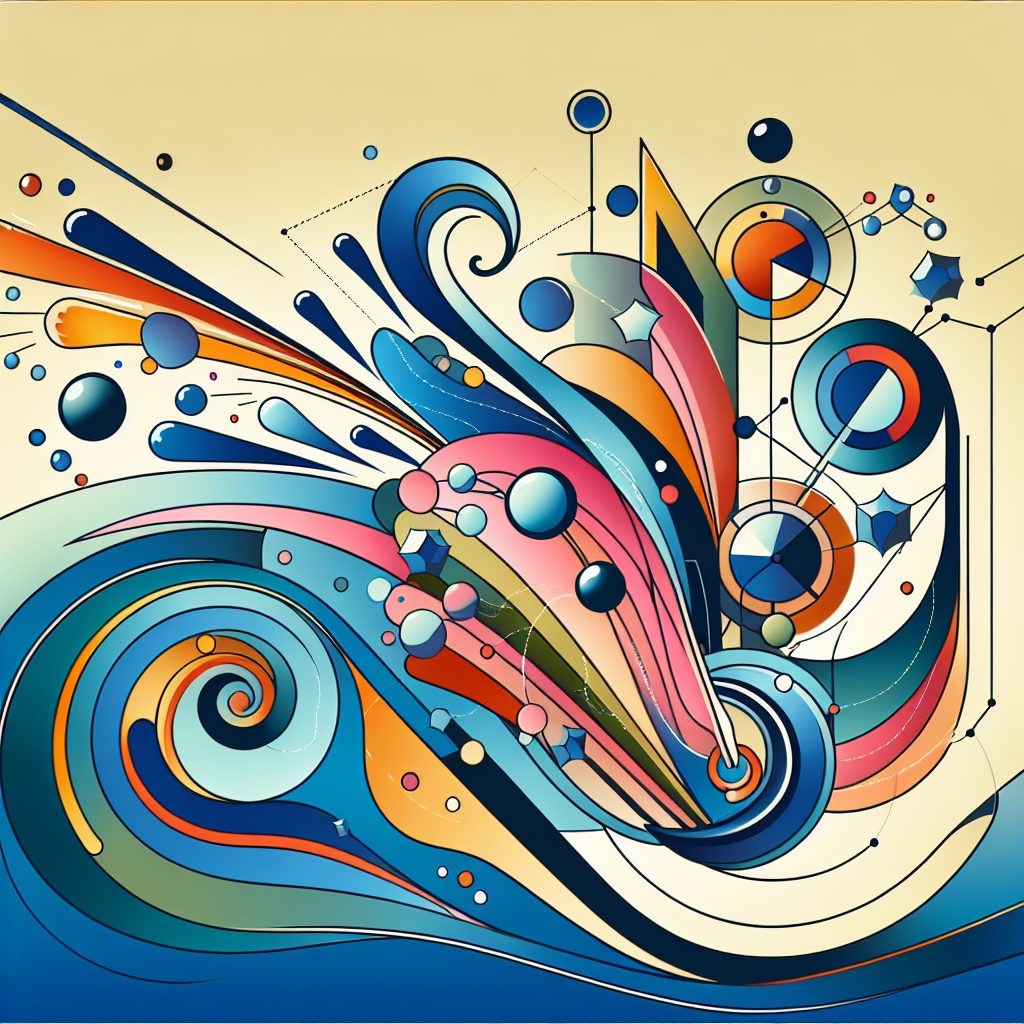Discover the Surprising Reasons Behind Loss of Erection During the Excitement Phase

Experiencing a loss of erection during the excitement phase can be a confusing and frustrating experience for many men. This issue, often referred to as erectile dysfunction, can be caused by a variety of factors, both physical and psychological. Understanding these causes can help men address the issue and seek appropriate treatment. In this article, we will explore the surprising reasons behind the loss of erection during the excitement phase and what it could be a sign of.
Loss of Erection During the Excitement Phase is a Sign of Physical Health Issues
One of the most common causes of erectile dysfunction is physical health problems. These can range from heart disease and diabetes to hormonal imbalances and neurological disorders. For example, a study published in the Journal of Sexual Medicine found that men with diabetes are three times more likely to experience erectile dysfunction than men without the condition.
- Heart Disease: Poor cardiovascular health can restrict blood flow to the penis, leading to difficulties in maintaining an erection.
- Diabetes: High blood sugar levels can damage nerves and blood vessels, which can affect the ability to achieve or maintain an erection.
- Hormonal Imbalances: Low testosterone levels can lead to a decreased sex drive and difficulties in achieving an erection.
- Neurological Disorders: Conditions such as Parkinson’s disease or multiple sclerosis can interfere with the nerve signals necessary for an erection.
Psychological Factors Contributing to Loss of Erection
While physical health issues are a common cause, the loss of erection during the excitement phase is also a sign of psychological factors. Stress, anxiety, depression, and relationship issues can all contribute to erectile dysfunction. In fact, a study published in the American Journal of Men’s Health found that men with high levels of stress and anxiety were more likely to experience erectile dysfunction.
- Stress: High levels of stress can interfere with the body’s ability to achieve or maintain an erection.
- Anxiety: Performance anxiety or fear of sexual failure can lead to erectile dysfunction.
- Depression: Depression can lead to a decreased sex drive and difficulties in achieving an erection.
- Relationship Issues: Conflict or dissatisfaction in a relationship can contribute to erectile dysfunction.
Lifestyle Factors and Erectile Dysfunction
Finally, lifestyle factors can also play a significant role in erectile dysfunction. Unhealthy habits such as smoking, excessive alcohol consumption, lack of physical activity, and poor diet can all contribute to the loss of erection during the excitement phase.
- Smoking: Smoking can damage blood vessels, which can affect the ability to achieve or maintain an erection.
- Alcohol: Excessive alcohol consumption can interfere with the normal function of the nervous system, leading to erectile dysfunction.
- Lack of Physical Activity: Regular physical activity can improve cardiovascular health and reduce the risk of erectile dysfunction.
- Poor Diet: A diet high in processed foods and low in fruits and vegetables can contribute to poor cardiovascular health and erectile dysfunction.
Conclusion
In conclusion, the loss of erection during the excitement phase is a sign of various physical, psychological, and lifestyle factors. Understanding these causes can help men seek appropriate treatment and make lifestyle changes to improve their sexual health. If you are experiencing erectile dysfunction, it is important to speak with a healthcare provider to determine the underlying cause and develop a treatment plan.


